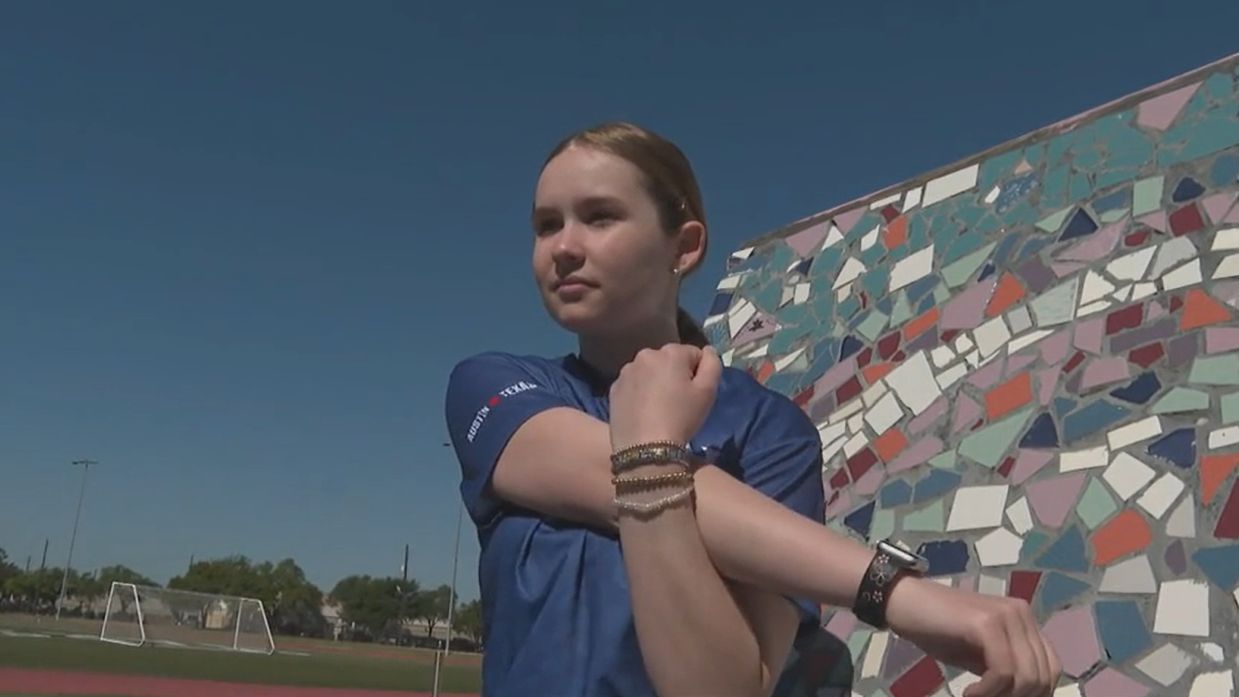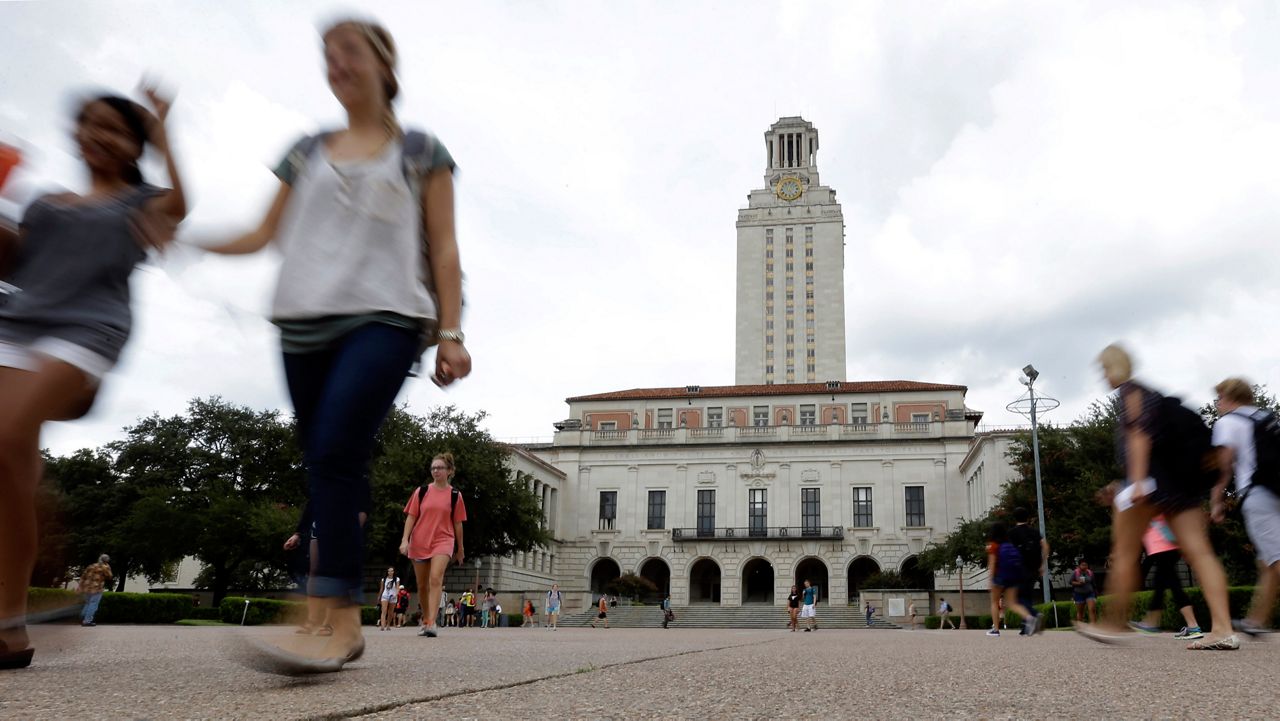SAN ANTONIO — The long-term affects of COVID-19 are still being studied. Some are experiencing cognitive impairments months after having COVID, even in people who didn’t have any symptoms.
Nora Canales spent two months on a ventilator with COVID-19 in the fall of 2020. She has the pictures to remember it all, but it’s her memory she struggles with over a year later. Everyday tasks like taking a shower or making food require more of her time, if she can remember at all.
“I’ll sit here and I’ll think about it,” Nora Canales said. “I’ll think about it for sometimes minutes, sometimes it takes me an hour or two, and I’m just sitting there.”
While Nora had a severe case, those with mild cases are feeling brain fog as well. A recent study by University of California San Francisco offers insight into how COVID-19 affects the brain long-term, referring to it as brain fog.
It found abnormalities in the participants’ cerebrospinal fluid, leading to cognitive impairments in participants who didn’t require hospitalization.
“They found that it was elevated in some of the patients who were complaining of COVID cognitive symptoms, after COVID,” Dr. Matt Ashley, Chief Medical Officer at Centre for Neuro Skills said. “This is a small study, and I don’t think we can draw too broad of inferences from that, but it does lend some credibility to the idea that there’s an inflammatory state going on in the nervous system in response to COVID. It warrants a lot of further study.”
Some studies estimate anywhere from 30 to 40 percent of COVID patients experience cognitive impairments months later.
The CDC defines post-COVID conditions “as a wide range of new, returning, or ongoing health problems people can experience four or more weeks after first being infected with the virus that causes COVID-19.”
It’s also listed as a disability under the Americans with Disabilities Act.
“You know what’s hard is depending on others,” Canales said, now needing a cane to get around and the help of her husband.
She credits the Centre for Neuro skills, a brain injury rehab facility with locations in Texas as the reason she’s gained some of her mind back, and ability to walk.
“If you start to feel it again, you start to think it, and so you’re able to do it again,” Canales said.
She says she still has a long way to go, and wishes more help was available.
“They really need to consider what’s going on afterwards with people like me,” Canales said. “I’m not the only one. I know there’s hundreds, thousands of people out there that still need help.”











